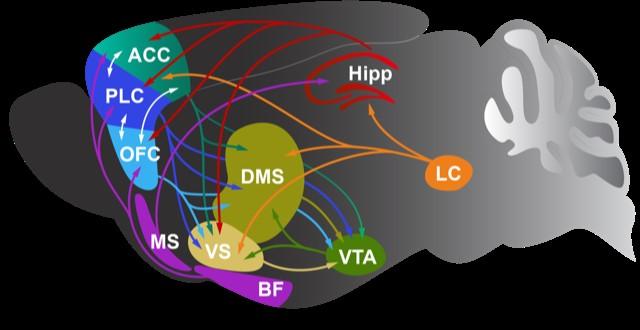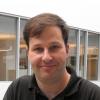Abstract:
The ability to create an accurate, predictive model of the world is one of the most remarkable attributes of the brain. Our goal is to understand how activity and plasticity in neural circuits underlie both the ability to create this model and to use it to make decisions. In this talk I will focus on neural activity patterns that have the potential to play a central role in model-based decision-making. This work began with the realization that the ability to generate and evaluate representations of hypothetical experience, whether of a counterfactual past or of a possible future, has profound adaptive value. How and when the brain might express these representations has not been clear, however, and I will describe work from my laboratory that has identified and characterized these representations as a surprisingly common motif in hippocampal spiking activity. We have also found that changes in firing rates in medial prefrontal cortex can be seen immediately before and during the expression of these hippocampal representations, consistent with the possibility that this activity marks the time of engagement and evaluation of mental simulations.

Biography:
Loren Frank is Howard Hughes Medical Institute Investigator and a Professor in the Department of Physiology at the University of California, San Francisco (UCSF). He is also the Co-Director of the recently established Kavli Institute for Fundamental Neuroscience at UCSF. He received his B.A. in Psychology and Cognitive studies from Carleton College, his Ph.D. in Systems Neuroscience and Computation from M.I.T. and did post-doctoral research at Massachusetts General Hospital and Harvard University. His laboratory uses a combination of techniques to study the neural bases of learning, memory and decision-making. In particular, his work focuses on the hippocampus and related structures, brain areas critical for forming and retrieving memories for the events of daily life. He is also currently working to develop new technologies to understand how the brain works and how to fix it when it is not working properly. Dr. Frank has received numerous awards for his scientific discoveries and his mentoring, including fellowships from the Sloan, McKnight and Merck Foundations as well as the Society for Neuroscience Young Investigator Award, the University of Indiana Gill Young Investigator Award, the UCSF Faculty Mentoring Award, and the College Mentors for Kids Inspire Award.
